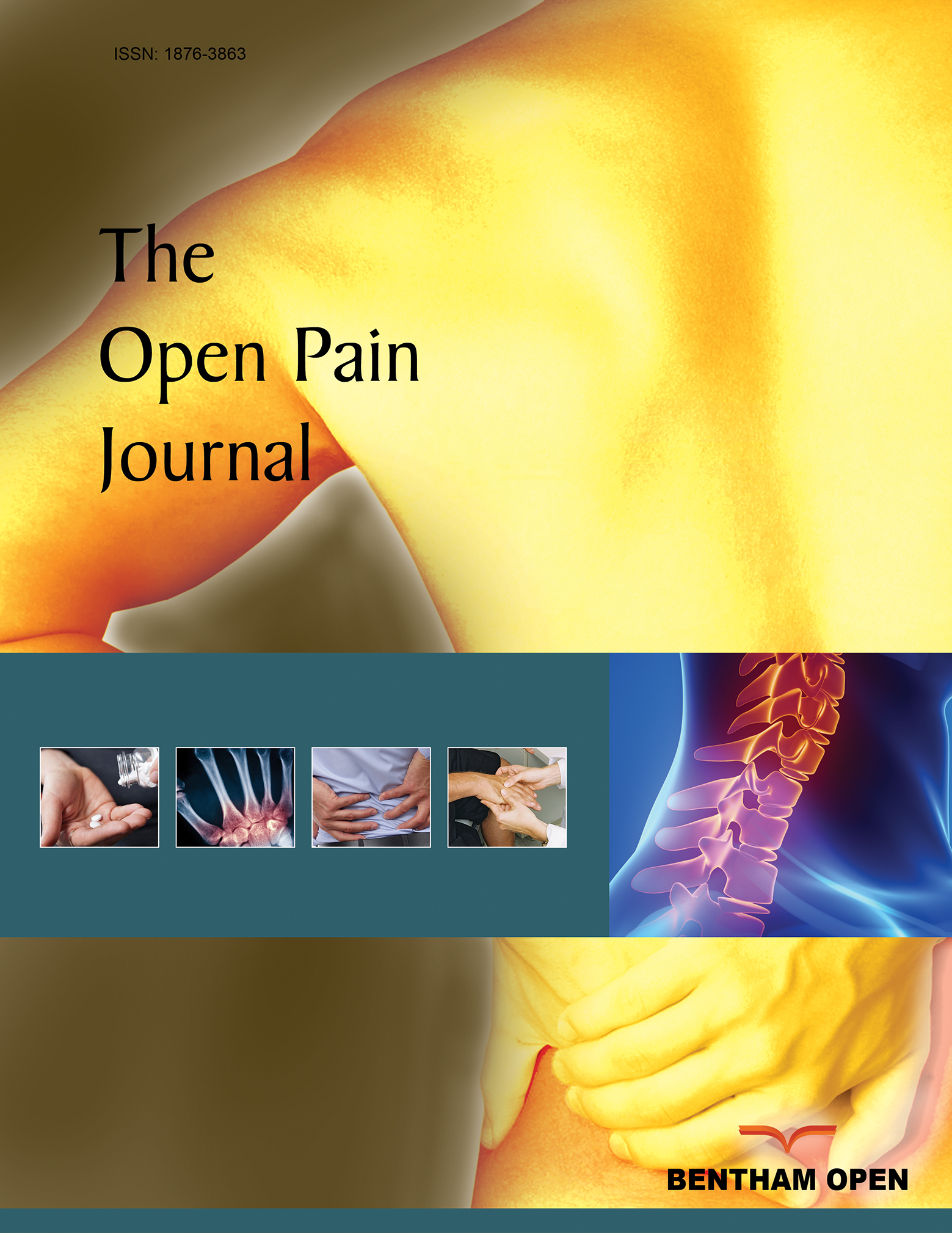All published articles of this journal are available on ScienceDirect.
The Effect of Distraction with a Loved One’s Voice on Pain Reduction While Extracting the Chest Tube after Open Heart Surgery
Abstract
Background:
One of the forms of ost-operative care after open heart surgery is controlling the pain resulting from chest tube insertion. Management of pain is considered vital and requires the awareness of health care providers. One of the main responsibilities of nurses is to prepare patients for invasive procedures such as the removal of the chest tube. This study was designed to analyze the impact of a loved one’s voice for distraction in patients undergoing open heart surgery.
Methods:
This study was a clinical trial. The research sample was randomly selected from patients undergoing open heart surgery. In this study, the number of samples for each group was considered to be 64 people, where the total number of samples was 128 people. The data collection tools included Visual Analog Scale (VAS) assessment tool and a researcher-made questionnaire. After selecting the eligible samples and obtaining the informed consent, each patient was randomly assigned to one of the two groups (intervention group and control group). The pain was measured before, immediately, and 10 minutes after removing the chest tube.
Results:
The findings of this study indicated that the two groups had no statistically significant differences in pain before chest tube removal. The mean pain during chest tube removal and 10 minutes later in both groups indicated a significant difference based on Mann-Whitney test (P<0.001).
Conclusion:
This study showed that a loved one’s voice is effective in reducing pain during chest tube removal after open heart surgery.


